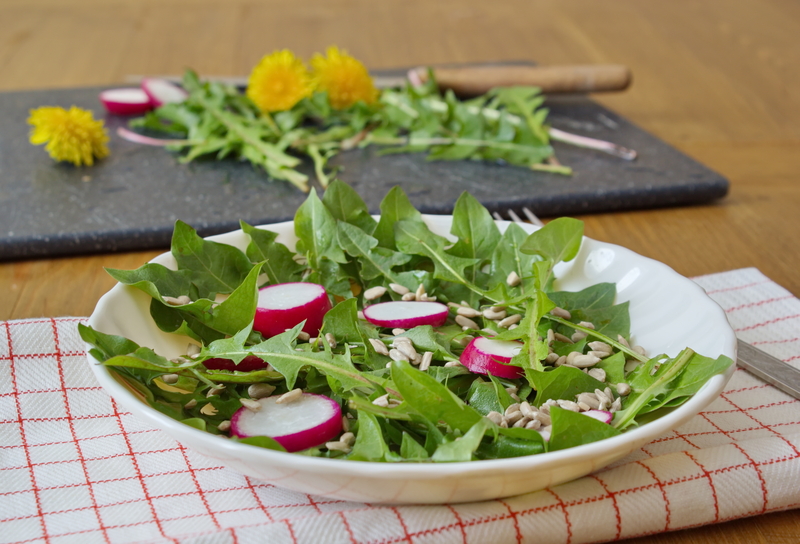Composting Waste for Rich Soil
Posted on 29/03/2025
Composting is one of the most efficient ways to turn household waste into nutrient-rich soil. This process not only reduces the amount of waste sent to landfill but also helps build healthier soil. If you're looking for a sustainable way to manage waste and enrich your garden, composting is your answer.
What is Composting?
Composting is the natural process of recycling organic matter, such as leaves and food scraps, into a valuable fertilizer that can enrich soil. The process is carried out by microorganisms that break down the organic material in a controlled environment.

The Benefits of Composting
1. Reduces Waste: Composting significantly decreases the amount of waste that ends up in landfills.
2. Improves Soil Health: The finished compost adds essential nutrients to the soil, improving its texture and water retention.
3. Reduces Greenhouse Gases: Composting reduces the emission of methane, a potent greenhouse gas produced by decomposing food waste in landfills.
4. Cost-effective: Apart from the initial setup cost, composting is a free method to recycle your organic waste.
How to Start Composting at Home
Starting a compost pile at home is relatively easy and requires minimal investment.
1. Choose a Compost Bin: You can use a commercial compost bin or create one using wooden pallets or wire mesh.
2. Select a Spot: Pick a well-drained area that receives indirect sunlight.
3. Collect Materials: Gather a mixture of green (nitrogen-rich) and brown (carbon-rich) materials. Green materials include fruit scraps, vegetable peels, and coffee grounds, while brown materials consist of dry leaves, cardboard, and wood chips.
4. Layer the Materials: Start with a layer of coarse materials like twigs to aid aeration, followed by a mix of green and brown materials.
5. Maintain the Pile: Turn the pile every few weeks to introduce oxygen, which helps speed up the decomposition process.
Compost Maintenance Tips
1. Balance Green and Brown Materials: Aim for a balance of 50% green and 50% brown materials to ensure efficient decomposition.
2. Moisture Control: Your compost should be kept moist but not waterlogged. Add water during dry spells and cover with a tarp during heavy rains.
3. Aerate the Pile: Turning the compost pile regularly helps introduce oxygen, which is essential for microbial activity.
4. Avoid Harmful Materials: Do not add meat, dairy products, or diseased plants to your compost as they can attract pests and disrupt the decomposition process.
Pros and Cons of Composting
Pros
1. Environmental Benefits: Composting reduces landfill waste and lowers greenhouse gas emissions.
2. Nutrient-Rich Soil: The final product enhances soil fertility and structure.
3. Cost Savings: Reduces the need for chemical fertilizers and soil additives.
4. Gardening Boost: Plants grow healthier and more robust in compost-rich soil.
Cons
1. Initial Effort: Setting up and maintaining a compost pile requires some effort.
2. Space Requirement: Adequate space is needed for a compost bin or pile.
3. Odor Issues: If not managed properly, compost heaps can emit unpleasant odors.
4. Attracting Pests: Incorrectly balanced compost can attract rodents and other pests.
Tips for Successful Composting
1. Start Small: Begin with small quantities of waste to get a feel for the process.
2. Layering: Always alternate green and brown layers to maintain the right balance.
3. Keep It Aerated: Regularly turning the compost ensures it remains aerobic.
4. Watch the Moisture: Ensure your compost pile is moist but not soaking wet.

Takeaways
1. Effective Waste Management: Composting significantly reduces household waste.
2. Soil Enrichment: Providing nutrient-rich compost to your garden soil.
3. Sustainable Practice: Aiding in reducing greenhouse gas emissions.
4. Cost-Effective Method: Offers an inexpensive way to dispose of organic waste and fertilize garden soil.
Conclusion
Composting is an eco-friendly and cost-efficient method to recycle household waste into nutrient-rich soil, thereby enhancing garden productivity and reducing environmental impact. By adopting composting, you contribute to a sustainable ecosystem and foster a healthier environment. Starting a compost pile might require some initial effort, but the long-term benefits far outweigh the cons. Happy composting!
Latest Posts
Essential Tools for Passionate Gardeners
Top 9 Gardening Tips for Newbies
Top Edible Wild UK Plants and Flowers



